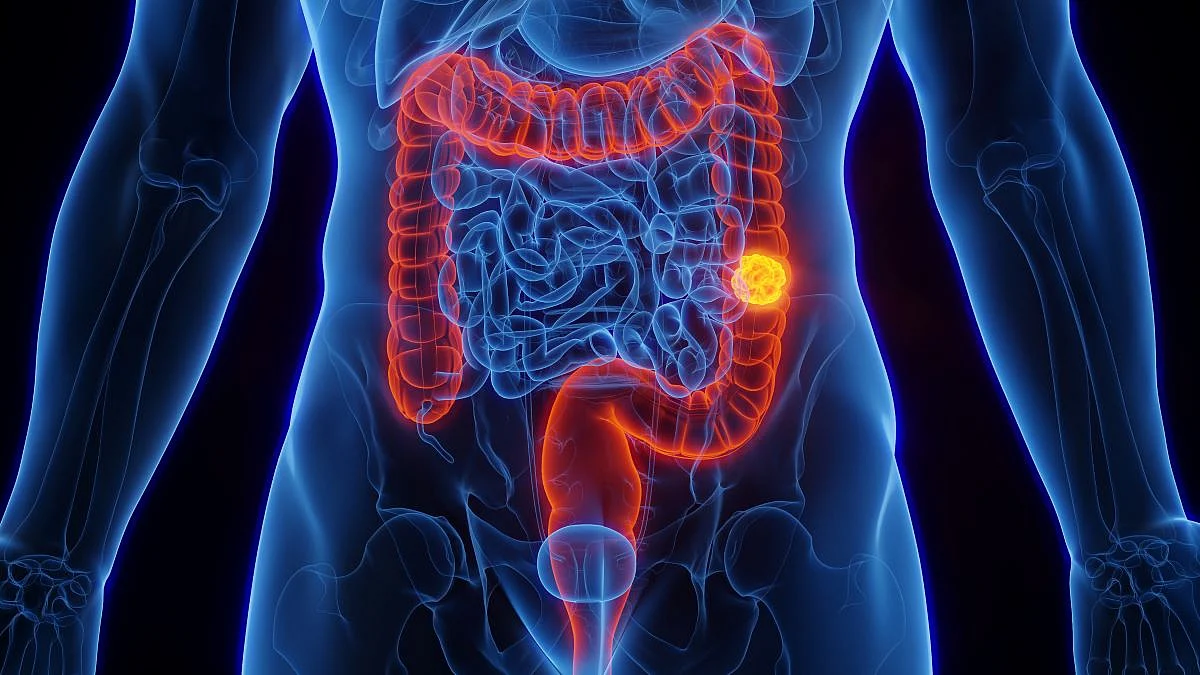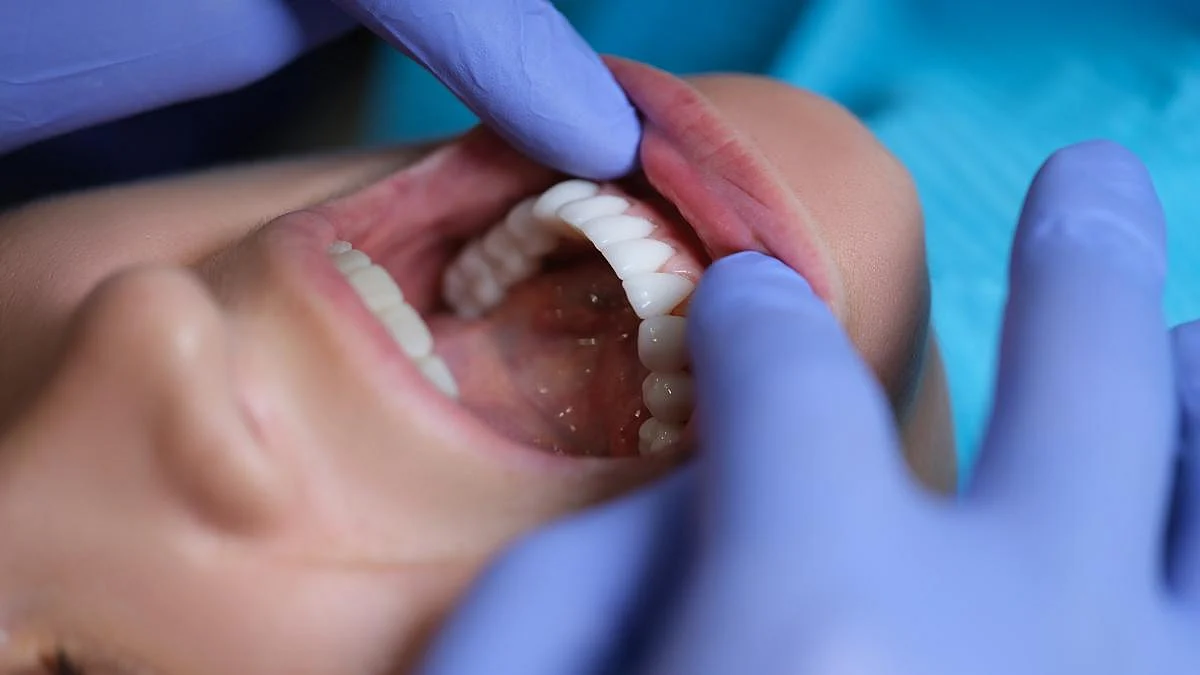
Two types of tuna sold in seven states are being recalled due to listeria concerns. The first recall affects tuna salad and ready-to-eat foods containing tuna salad from Beaverton, Oregon-based Reser’s Fine Foods. The products were sold at Jewel-Osco (owned by Albertsons) stores in Illinois, Indiana and Iowa. The second recall affects tuna salad and ready-to-eat foods… read on > read on >






























